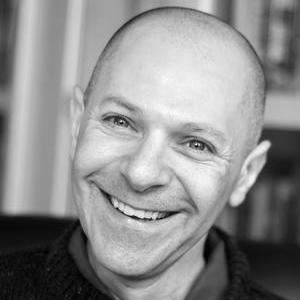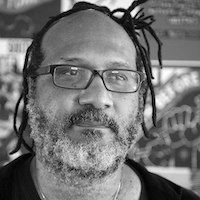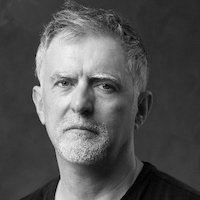Held annually since 1923, the 2021 Conference will be held online from Tuesday 6 - Thursday 8 July & Tuesday 13 - Thursday 15 July 2021. The conference is designed to give professional philosophers and philosophy postgraduate students the opportunity to present and discuss papers in all areas of philosophy. This year we also welcome poster presentations, including from Undergraduate philosophy students. Each year the conference attracts around 300 philosophers worldwide. This year the conference will be held fully online using the Whova online conference platform with zoom for streaming of sessions and integrated chat and networking functions. Live streamed sessions will be held daily, in most cases limited to the hours 10am - 4pm AEST. We welcome submissions in all areas of philosophy. Abstracts can be submitted for papers, author meets critics, and multi-author panel presentations, as well as for posters. We look forward to an outstanding slate of keynote speakers, as well as talks from fantastic philosophers around the world. Conference participants will be able to submit questions in advance of a special live Q&A session with some of the keynote speakers. In addition, we are running special sessions for academic staff, postgraduates and undergraduates, including sessions planned on online teaching and careers. A prize is offered to the best Postgraduate Presentation and the best Undergraduate Poster. The online format permits universities in smaller centres to host the conference. The University of Waikato is well-positioned to host and support this year’s AAP conference. We anticipate that the active collegial atmosphere we enjoy at our university will be reflected in the conference we organise for the AAP. Please join us for the AAP's first online conference! Nick Munn and Joe Ulatowski Convenors 2021 AAP Conference, University of Waikato Enquiries: conference@aap.org.au
2021 Presidential Address Neil Levy Do your own research! Philosophical tradition and conspiracy theorists converge in suggesting that ordinary people ought to do their own research, rather than accept the word of others. In this paper, I argue that it’s no accident that conspiracy theorists value lay research on expert topics: such research is likely to undermine knowledge, via its effects on truth and justification. Accepting expert testimony is a far more reliable route to truth. Nevertheless, lay research has a range of benefits; in particular, it is likely to lead to greater understanding, even when it does not lead to knowledge. I argue that we can reap most of the genuine benefits of lay research while minimiSing the risks by engaging in exploratory, rather than truth-directed, inquiry. To engage in exploratory inquiry is to engage dogmatically, expecting to be unable to confirm the expert view or to disconfirm rivals. Neil Levy is professor of philosophy at Macquarie University and a senior research fellow at the Uehiro Centre for Practical Ethics, University of Oxford. His recent work has focused on social epistemology. His next book, Bad Beliefs: Why Do They Happen to Good People? is forthcoming with Oxford University Press. |
Key Conference Dates Tuesday 6, Wednesday 7, Thursday 8 Tuesday 13, Wednesday 14, Thursday 15 July 2020 Alan Saunders Lecture
Stephen Gardiner A live streamed event, this lecture is also recorded by the ABC & available for download after the event. |
- Home
- Conference 2021









